After two years of break, schools of all grades welcomed children to the campus. Putting the days of online classes behind, children from nursery to class 12 are now back to the school environment. But with it has come a risk factor, primarily affecting the young children aged below 10 years. The early onset of pre-monsoon showers and sudden change in climate in Bengaluru have triggered a surge in infections and there are reports of hand, foot and mouth disease (HFMD) cases rising in the city.
Pre-schools in Bengaluru are advising caution regarding rising hand, foot and mouth disease cases among young children. International Business Times has learned of at least three pre-schools in Bengaluru have issued circulars to parents on the same, advising parents to be vigilant and look out for illness symptoms.
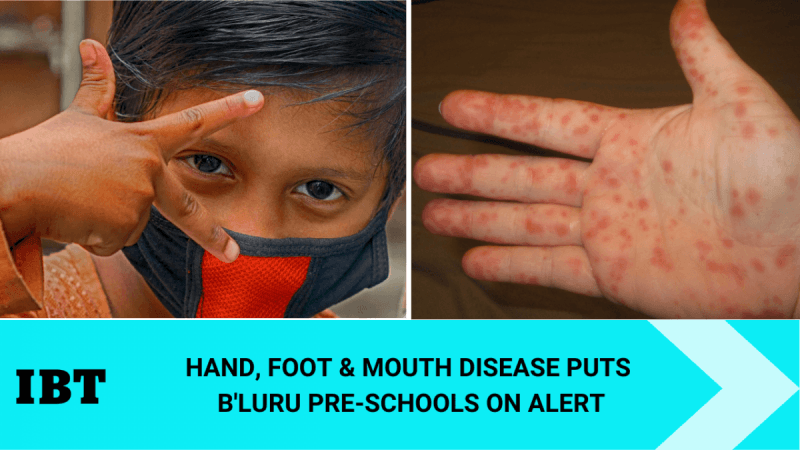
Due to the airborne nature of the hand, foot and mouth disease, schools are advising parents to avoid sending children showing symptoms of HFMD to school until they have fully recovered.
"Please be informed that the sick child will be quarantined and will be in safe hands. However, children seek your support especially when they are sick. So please come at the earliest when we give an SOS call (sic)," Greenwood High Pre-School in Bengaluru, noted in its circular to parents.
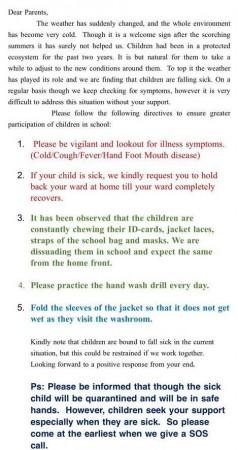
IBTimes has also learned of several children showing symptoms of hand, foot and mouth disease in Bengaluru's St. Germain nursery school. One of the parents who spoke to IBTimes said that all 32 kids in one class were showing similar symptoms and 14 were absent from school. We reviewed the medical fitness certificate of one student to confirm that he had been infected by hand, foot and mouth disease.
St Germain even issued an advisory to the parents stating: "It has been brought to our notice by the health authorities that many children below the age group of 11 are suffering from Foot and Mouth disease. It's an airborne disease (droplet infection). It is compulsory for the children to wear masks always."
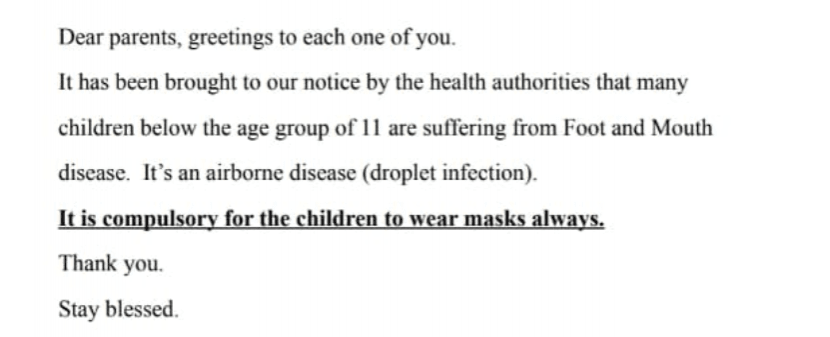
What is foot-and-mouth disease?
Hand, foot and mouth disease is a highly contagious infection caused by viruses from the Enterovirus genus. It spreads with an infected person's nasal secretions or throat discharge, saliva or mucus, fluid from blisters, stool, and respiratory droplets are sprayed into the air after coughing or sneezing.
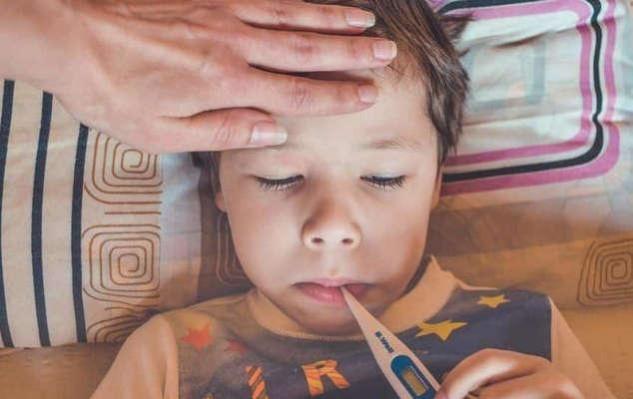
Hand, foot and mouth disease can infect anyone, but children under 5 years are most likely to get it. Its symptoms include:
- Fever
- Sore throat
- Painful blisters inside child's mouth, inside of the cheeks, or on the tongue
- Loss of appetite
- Stomach ache
- Fatigue
- Crankiness
After two days, the symptoms may include:
- Rashes turn into blisters
- Sores on knees, elbows or buttocks
It would take anywhere from 3-6 days from the initial infection to the onset of the symptoms. Fever is often the first sign, which is followed by a sore throat and other symptoms.
Parents, don't panic; do this instead
It's worth pointing out that HFMD is self-limiting and subsides within 10 days. In the meantime, kids shouldn't be sent to school until the rashes completely dry up as the disease is highly contagious. If your child is infected, it is advised to give vegetables, fruits and home-cooked meals. Immunity booster multi-vitamins will be prescribed by paediatricians upon consultation besides medicines to treat symptoms. Ensure the child is hydrated by giving sufficient fluids.
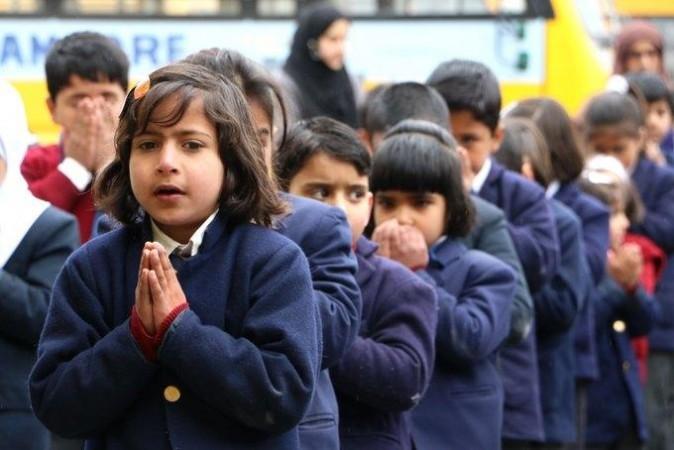
If your child isn't showing symptoms, follow these preventive measures:
- Wash hands frequently
- Wear a face mask
- Keep surroundings clean and disinfected
- Increase vegetable and fruit intake
- Disinfect toys, pacifiers, surfaces and areas where the child may touch
Seek medical help if the child is unable to drink fluids normally, is not alert or responsive, fever lasts longer than 3 days, if symptoms do not improve after 10 days and if the symptoms are severe.









